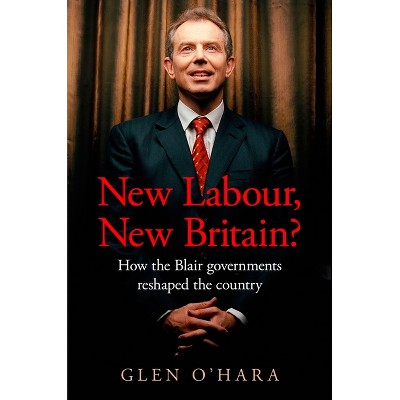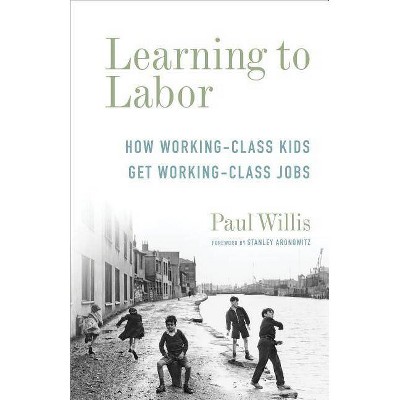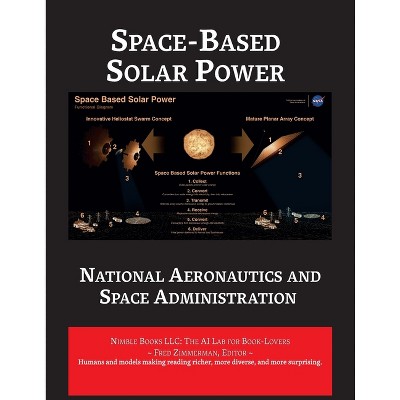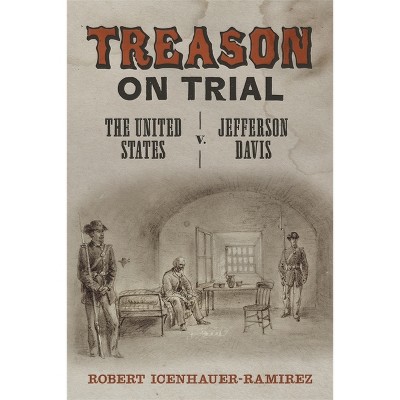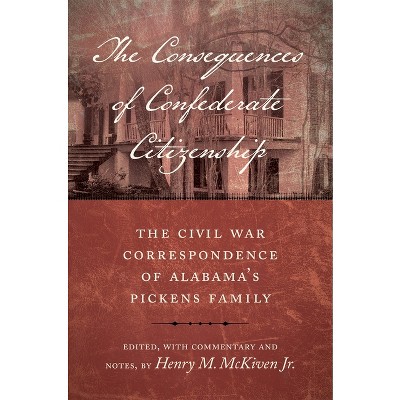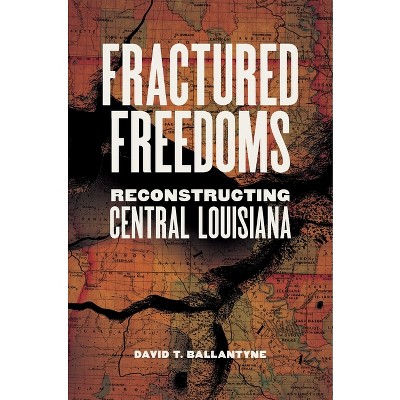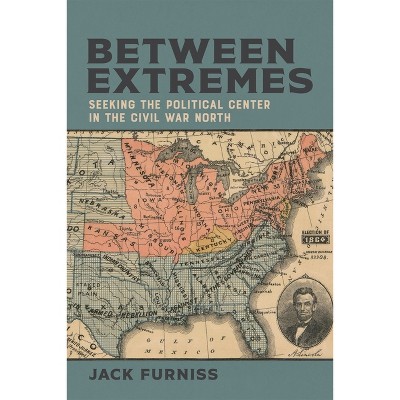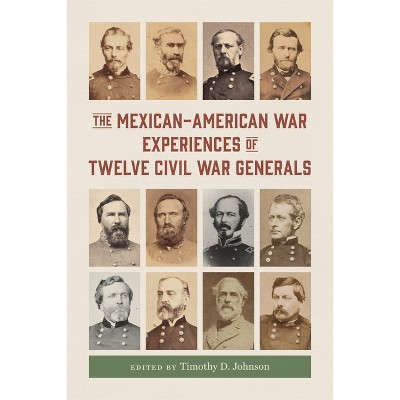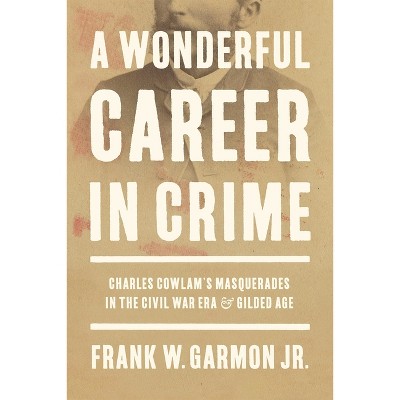Sponsored

Abraham Lincoln and Treason in the Civil War - (Conflicting Worlds: New Dimensions of the American Civil War) by Jonathan W White (Paperback)
In Stock
Sponsored
About this item
Highlights
- In the spring of 1861, Union military authorities arrested Maryland farmer John Merryman on charges of treason against the United States for burning railroad bridges around Baltimore in an effort to prevent northern soldiers from reaching the capital.
- About the Author: Jonathan W. White is an associate professor of American Studies and a fellow at the Center for American Studies at Christopher Newport University.
- 216 Pages
- History, United States
- Series Name: Conflicting Worlds: New Dimensions of the American Civil War
Description
About the Book
In Abraham Lincoln and Treason in the Civil War, Jonathan White reveals how the arrest and prosecution of this little-known Baltimore farmer had a lasting impact on the Lincoln administration and Congress as they struggled to develop policies to deal with both northern traitors and southern rebels. His work sheds significant new light on several perennially controversial legal and constitutional issues in American history, including the nature and extent of presidential war powers, the development of national policies for dealing with disloyalty and treason, and the protection of civil liberties in wartime.
Book Synopsis
In the spring of 1861, Union military authorities arrested Maryland farmer John Merryman on charges of treason against the United States for burning railroad bridges around Baltimore in an effort to prevent northern soldiers from reaching the capital. From his prison cell at Fort McHenry, Merryman petitioned Chief Justice of the Supreme Court Roger B. Taney for release through a writ of habeas corpus. Taney issued the writ, but President Abraham Lincoln ignored it. In mid-July Merryman was released, only to be indicted for treason in a Baltimore federal court. His case, however, never went to trial and federal prosecutors finally dismissed it in 1867.
In Abraham Lincoln and Treason in the Civil War, Jonathan White reveals how the arrest and prosecution of this little-known Baltimore farmer had a lasting impact on the Lincoln administration and Congress as they struggled to develop policies to deal with both northern traitors and southern rebels. His work exposes several perennially controversial legal and constitutional issues in American history, including the nature and extent of presidential war powers, the development of national policies for dealing with disloyalty and treason, and the protection of civil liberties in wartime.Review Quotes
Jonathan W. White's short, pungent narrative and study of Ex parte Merryman teems with abundant new findings and sharp analysis.--Allen C. Guelzo, author of Lincoln's Emancipation Proclamation: The End of Slavery in America
White's highly original book is a timely and significant contribution to the literature on both civil liberties during wartime and on the Lincoln administration.--Michael Burlingame, author of Abraham Lincoln: A Life
About the Author
Jonathan W. White is an associate professor of American Studies and a fellow at the Center for American Studies at Christopher Newport University.Shipping details
Return details
Frequently bought together

Trending Non-Fiction







